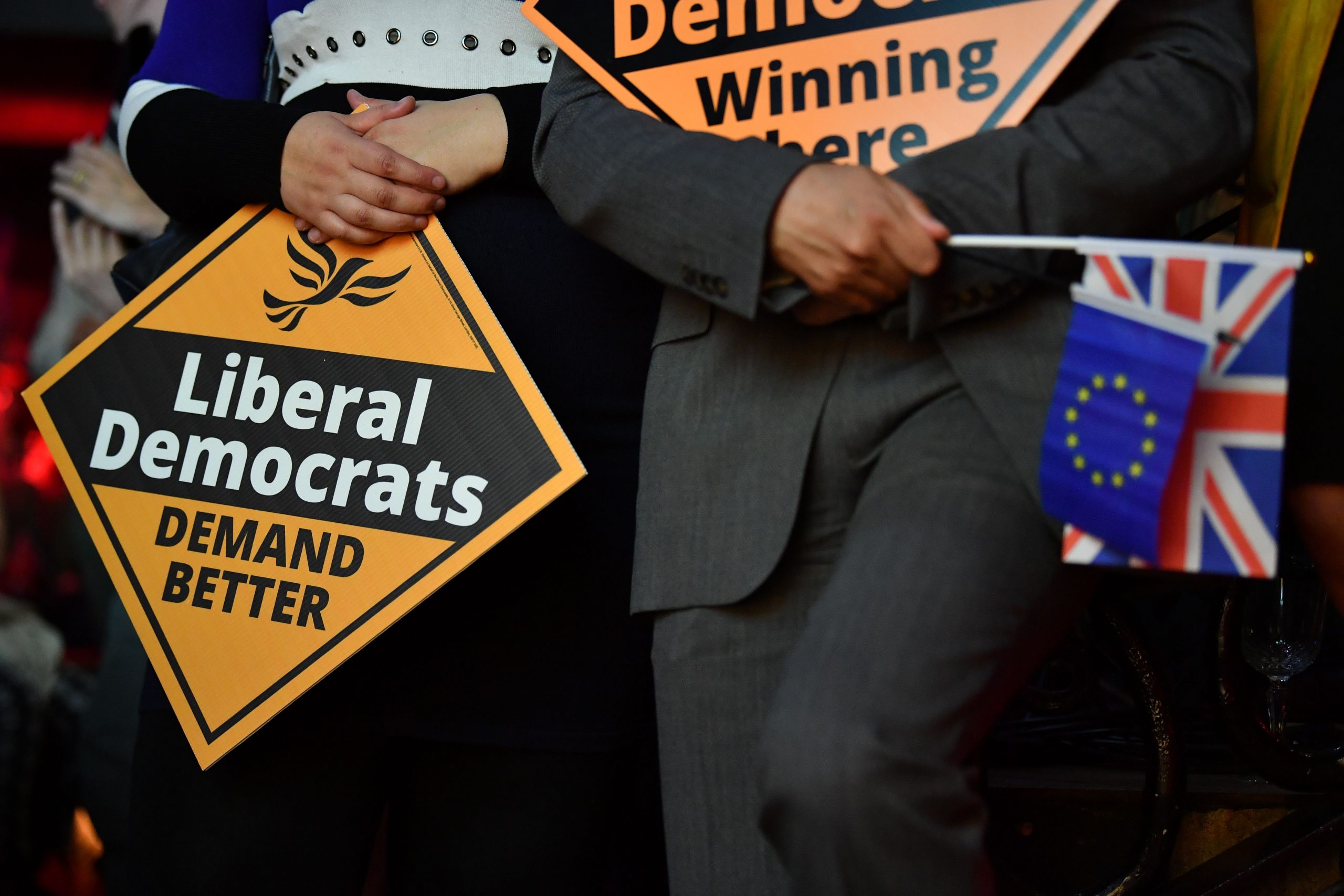
Whoever wins, Jeremy Corbyn loses? The two candidates for the Liberal Democrat leadership, Jo Swinson and Ed Davey, have both vowed not to put the Labour leader in office no matter the result of the next election.
Both politicians have sincere objections to a Corbyn-led government, but their pledges are, in many ways, a statement of reality rather than an active choice. Any Liberal Democrat support for multi-party government or a confidence-and-supply deal must be ratified not only by the parliamentary party in both the Commons and Lords, but also by the party’s federal executive and its membership as a whole.
The party’s membership surge has many factors, chief among them its unapologetic support for the European project, and many of its members have never been in a political party before. But there are many of them who are horrified former Conservative pro-Europeans and Corbynsceptic refugees.
If you have left the Labour Party because you think that Jeremy Corbyn is unfit to lead it, you are not going to ratify any accord that puts him in charge of the country. That hostility to a Corbyn-led government is present and widespread in the party’s pre-existing social democrat and social liberal tendencies as well.
And as far as the 82 seats that the Liberal Democrats’ private MRP modelling suggests they should treat as priority targets are concerned, the pattern there is clear: their route to a position where they are a major force is in Conservative-held seats. It’s in these areas that the party is best served by casting themselves as a force to stop Brexit and tame the Tory party’s excesses, rather than a party that might facilitate a government led by Corbyn.
But it highlights the extreme possibility that, whatever the result, the next election will produce a more unstable parliament than this one. This parliament contains, at least in theory, a pro-deal majority of Conservative MPs and Labour MPs who think Brexit should go ahead for one reason or another.
Even assuming no seats change hands at the next election the Parliamentary Conservative Party will have fewer advocates of a no deal and more committed no dealers. It is far from clear if Labour supporters of a Brexit deal will ever back a deal endorsed by a Tory PM. And if the next election sees Liberal Democrat gains, that party will be unable to form a government with one party unless it defenestrates its leader and unable to form a government with the other unless it abandons its central political project.





